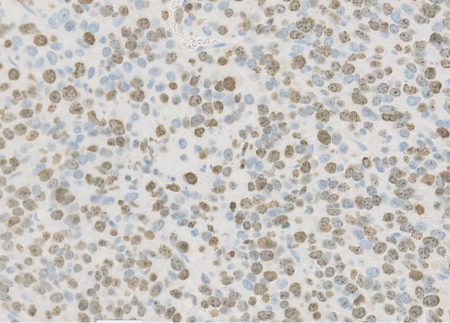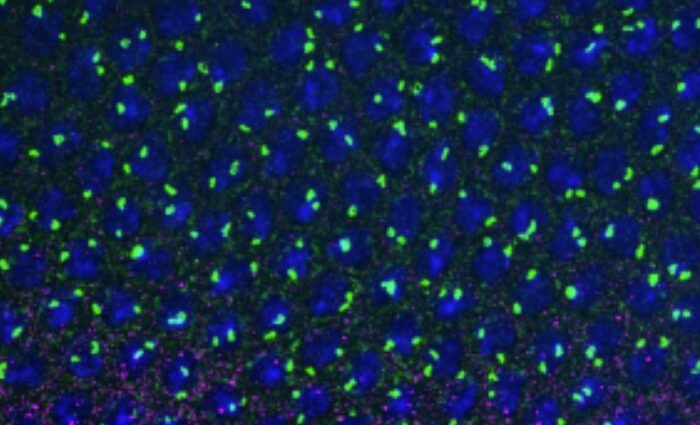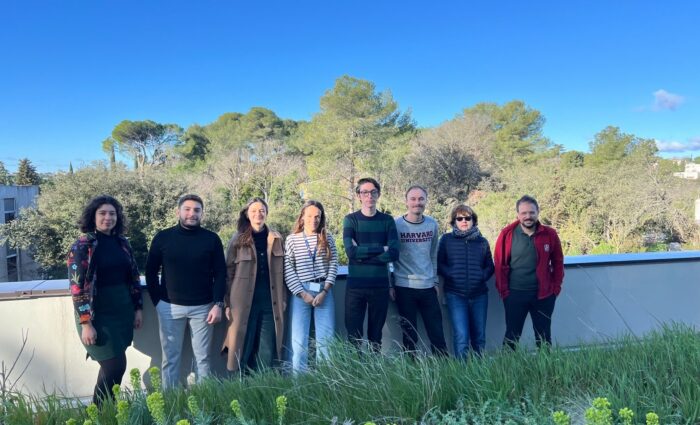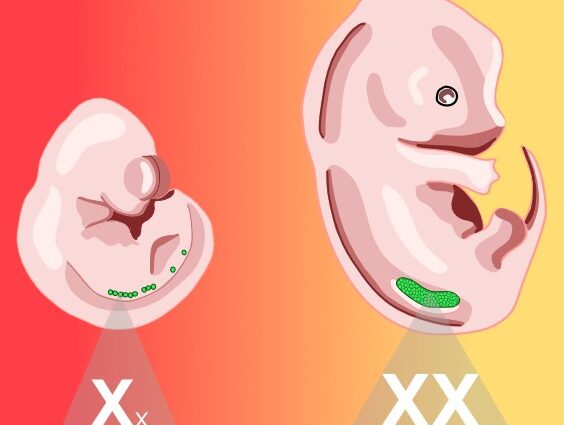Here, we throw light on the roles in cancer of the mysterious cell proliferation antigen Ki-67. Ki-67 is a very large nuclear protein present in all proliferating cells in vertebrates, which underpins its widespread use as a biomarker in tumours – but it has no enzyme activity and it is almost completely intrinsically disordered. Until now, almost nothing was known about its possible roles in carcinogenesis. Using different genetic models that recapitulate different steps of carcinogenesis (initiation, progression, metastasis and even anti-tumour immune responses) we find that Ki-67 is required at each step. Ki-67 acts not by controlling cell proliferation, but by regulating cellular plasticity via its effects on chromatin organisation and gene expression. Thus, Ki-67 confers several advantages to cancer cells, but they come with an Achilles’ heel: it renders them more visible to the immune system. Our results might have an impact on understanding carcinogenesis and treatment strategies.
Ki-67 regulates global gene expression and promotes sequential stages of carcinogenesis
7 May 2021
Karim Mrouj , Nuria Andrés-Sánchez, Geronimo Dubra , Priyanka Singh , Michal Sobecki, Dhanvantri Chahar, Emile Al Ghoul, Ana Bella Aznar , Susana Prieto, Nelly Pirot, Florence Bernex, Benoit Bordignon, Cedric Hassen-Khodja, Martin Villalba, Liliana Krasinska, Daniel Fisher








